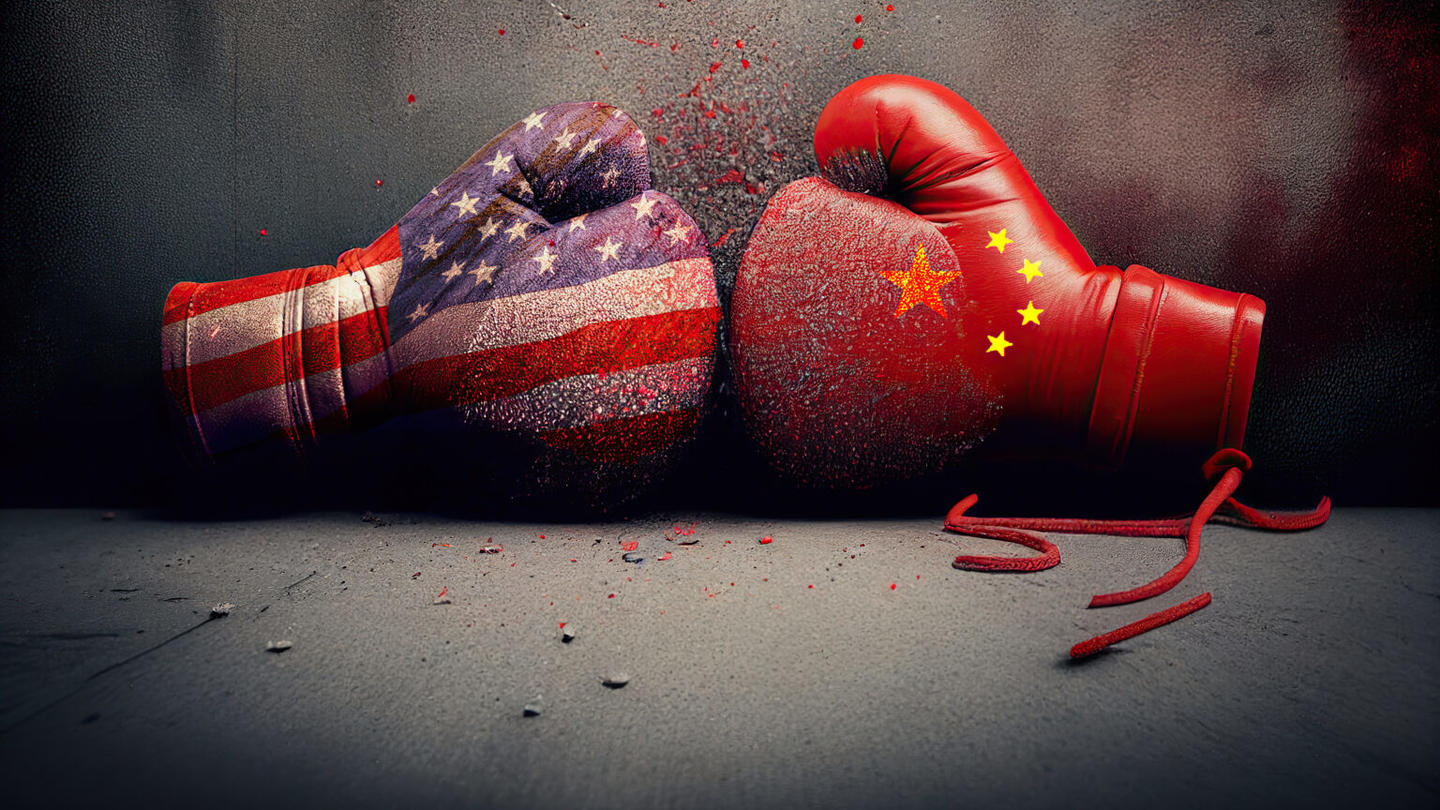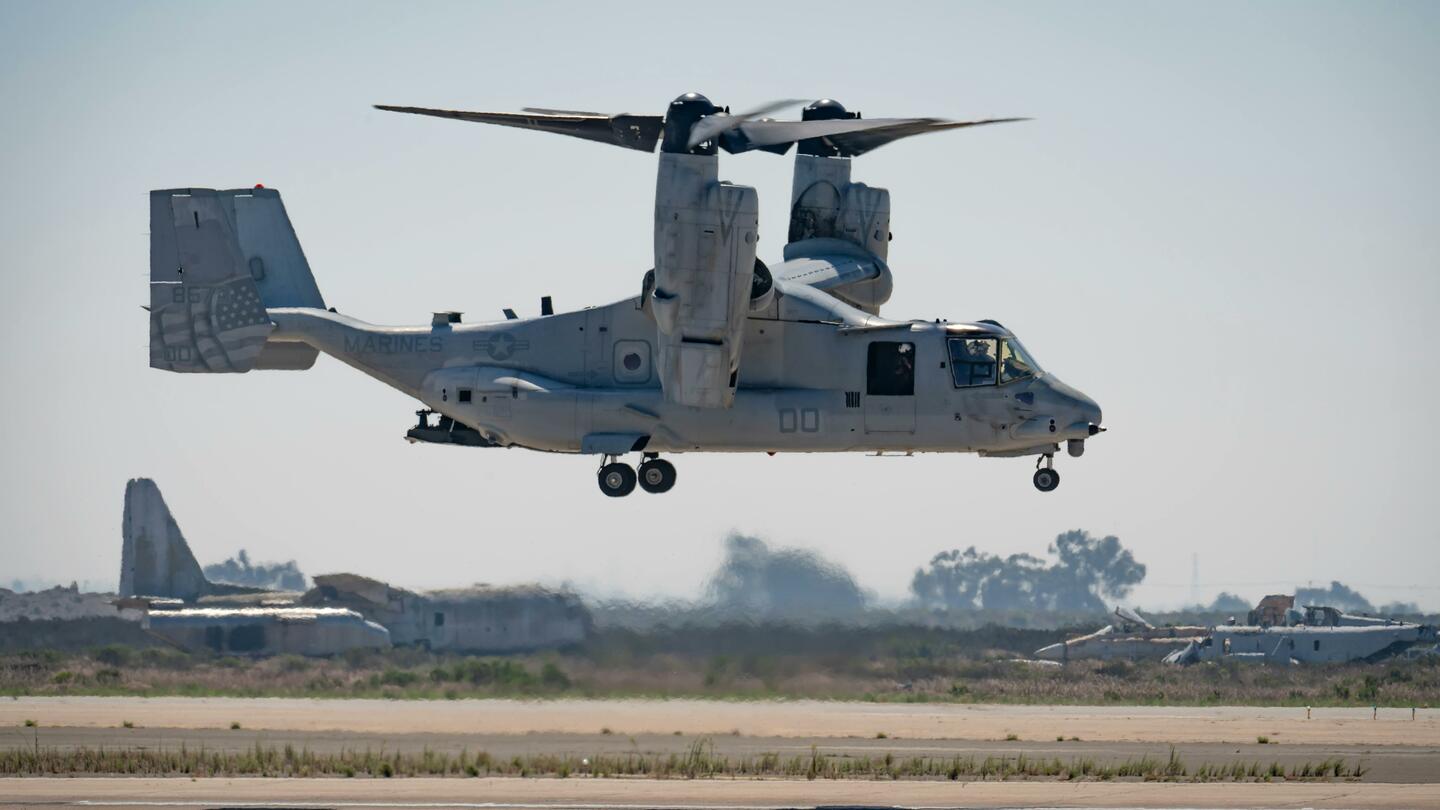Current U.S. relations with China are at a crucial precipice.
Over the past decade, China's economy has seen substantial growth. This has facilitated new military development, resulting in much more robust capabilities than in prior years.
However one chooses to define "power," for the first time in recent history, it is clear that China is the most pressing strategic challenge the United States faces.
Meanwhile, differences in perspective over Taiwan's political identity are a flashpoint for these competing giants. Sino-American relations over Taiwan have thus far followed a pattern of escalation, deterrence, and escalation again.
Considering all of this, it is more vital now than ever to understand China's recent rise, how American foreign policy has shifted because of it, and what must be done now to secure the safety and well-being of the American people.
Hugo Kirk, Foreign Policy Manager for Stand Together Trust, answers some questions about a series of recent policy briefs from the Quincy Institute for Responsible Statecraft, telling us what we should know as relations develop:
Within just the past 10 years alone, China has seen a startling rise, transforming into a nearly unrecognizable player on the international stage. What is unique about U.S. relations with China right now, as opposed to one or two decades ago?
The U.S.-China relationship is very different now because of China's rise. That rise has primarily been economic. Their economy is significantly larger than it was even just 5-10 years ago. Particularly important is the fact that it's growing relative to the United States. Its nominal GDP has skyrocketed, but equally as importantly, its GDP per capita on purchasing power parity basis is equal to, or even slightly larger than, the United States.
That allows China to convert its latent economic power into military power. We're already starting to see a greater level of assertiveness in China and within the leadership of the Chinese government in trying to achieve certain foreign policy aims.
There's a lot more potential for U.S. and Chinese interests to clash with one another. And that makes the situation much, much more dangerous than it has been.
China is the primary strategic challenge that the United States has to face. There's really no one in the world, including Russia, that has the same level of potential to cause damage.
President Biden and congressional leadership from both parties have said it's a priority to deepen America's security partnerships to counter China, including through alliances. But you believe that would be counterproductive. Why?
For decades throughout the Cold War, the U.S. has maintained a lot of alliances and security partnerships around the world, the most notable ones in the Asia-Pacific region being Japan, Australia, and South Korea.
Currently, the trend is to deepen and strengthen those alliances and relationships out of a general sense that these are additive to the U.S. security position in Asia.
But what ultimately is an alliance? It is a strategic partner for a defined end, usually involving the promise to go to war on behalf of another country. These can be really good in some cases, but one issue is that you can get pulled into wars that you don't want to be in.
We should take a much more serious look at these alliances and partnerships. Alliances can look to other countries to be profoundly threatening. When the United States builds alliances with a lot of countries in the region and deploys its troops there, the Chinese can look at that — even though we know that these alliances are defensive in nature — and say, perhaps there's something else going on here.
Certain alliances, like the one with Thailand or perhaps with the Philippines, aren't necessarily additive to U.S. security and actually convey a lot of risks.
The Quincy Institute briefs note that Taiwan is perhaps the most dangerous tipping point towards the U.S. and China relationship escalating into outright violence. Can you give some background on why this is?
Taiwan is an incredibly dangerous situation for the United States and China right now. It is without doubt the most significant flashpoint and potential pathway to war between the United States and China.
Why is this? Well, the Chinese have a very complicated view of Taiwan. The Chinese government views Taiwan as a breakaway province. It's deeply integrated into their national psyche that one day — by peace if possible, but by force if necessary — Taiwan will reunify with China. The Taiwanese generally don't necessarily want this, certainly not right now, but actually the polling certainly suggests that they don't want to declare formal independence either.
The United States, on the other hand, views having more democracies in the region as a good thing. And at a broad strategic level, there is value, if you think a conflict with China is going to happen, of holding the island chain from Japan downwards (for) naval predominance in the Western Pacific.
There are certain voices in Chinese politics who think that peaceful reunification is not going to be possible and China should prepare for war. And you also have voices in the United States who think that the current policy needs to be much firmer and that the United States needs to end the policy of strategic ambiguity, deploy troops, and shore up Taiwan's defense through the direct threat of U.S. intervention
This is turning into what's called an international relations security dilemma or a security spiral. There is an action-reaction feedback loop between both sides, leading to essentially an arms race. And that's a very dangerous situation for both.
The popular view of China's economic rise is that it poses a threat. Why do you think this is the wrong way to see it?
The U.S.-China economic relationship is probably the most important in the world. It has over the past several decades brought billions, perhaps trillions, of dollars into the United States economy, and it's also lifted millions of Chinese people out of poverty. This has been one of the greatest success stories in international economics in history.
Unfortunately, that idea has been completely lost. We're seeing a lot of moves in the United States by political figures and public intellectuals to try and decouple the U.S.-China economic relationship. That's gonna be very costly for U.S. consumers. There are hundreds of thousands of jobs that are dependent on trade from China and hundreds of billions of dollars in U.S. company profits a year, which goes out into the broader U.S. economy.
Managing that effectively is going to be really important to America's economic standing in the world, and maintaining any semblance of a positive relationship between the United States and China.
What would an ideal scenario for Sino-American relations look like concerning Taiwan in the coming years? How can we de-escalate away from the devastating conflict we seem to be gearing up for?
What the United States and China both need to do is basically stand up together and return to what has worked for the past decades. This means that the US needs to reconfirm its commitment to strategic ambiguity and avoid provocative moves that appear to indicate support for de jure independence for Taiwan, which is in line with what a plurality of Taiwanese people actually want. And the Chinese must reiterate that reunification by peaceful means and not by force, is the pathway that they're going to pursue to achieve their goal of national reunification.
That's going to be tough, because a lot of these countervailing voices and countervailing incentives are making that difficult. In the meantime, what the United States can do is undertake defensive measures to shore up Taiwan's deterrent capability. That means providing them with defensive weaponry that will prevent China from being able to successfully undertake any sort of invasion — while reiterating strongly and demonstrating through its actions its commitment to not actually going to war and not revising the status of Taiwan's independence.
Putting this ideal scenario aside, what does a more realistic future for our relationship with China look like?
I think one way or another, great power competition for the U.S. government is here to stay. Realistically…the United States and China are going to be in competition with each other. There simply won't be good ways of resolving some of the issues, like around Taiwan.
The security spiral that's taking place between the two countries [could deescalate] with a lot of really creative and thoughtful diplomacy. Sadly, not all of that's gonna happen. I am optimistic that cooler heads will prevail on the issue of Taiwan. [But] moves like Speaker Pelosi's trip to Taiwan last year are really provocative to China.
I do think that some of the ideas are getting out there to demonstrate that we've got to try and calm tensions down over a flashpoint like Taiwan. I'm optimistic that some of that will continue, but that's going to be a really big challenge.
Learn more about Stand Together's foreign policy efforts.




